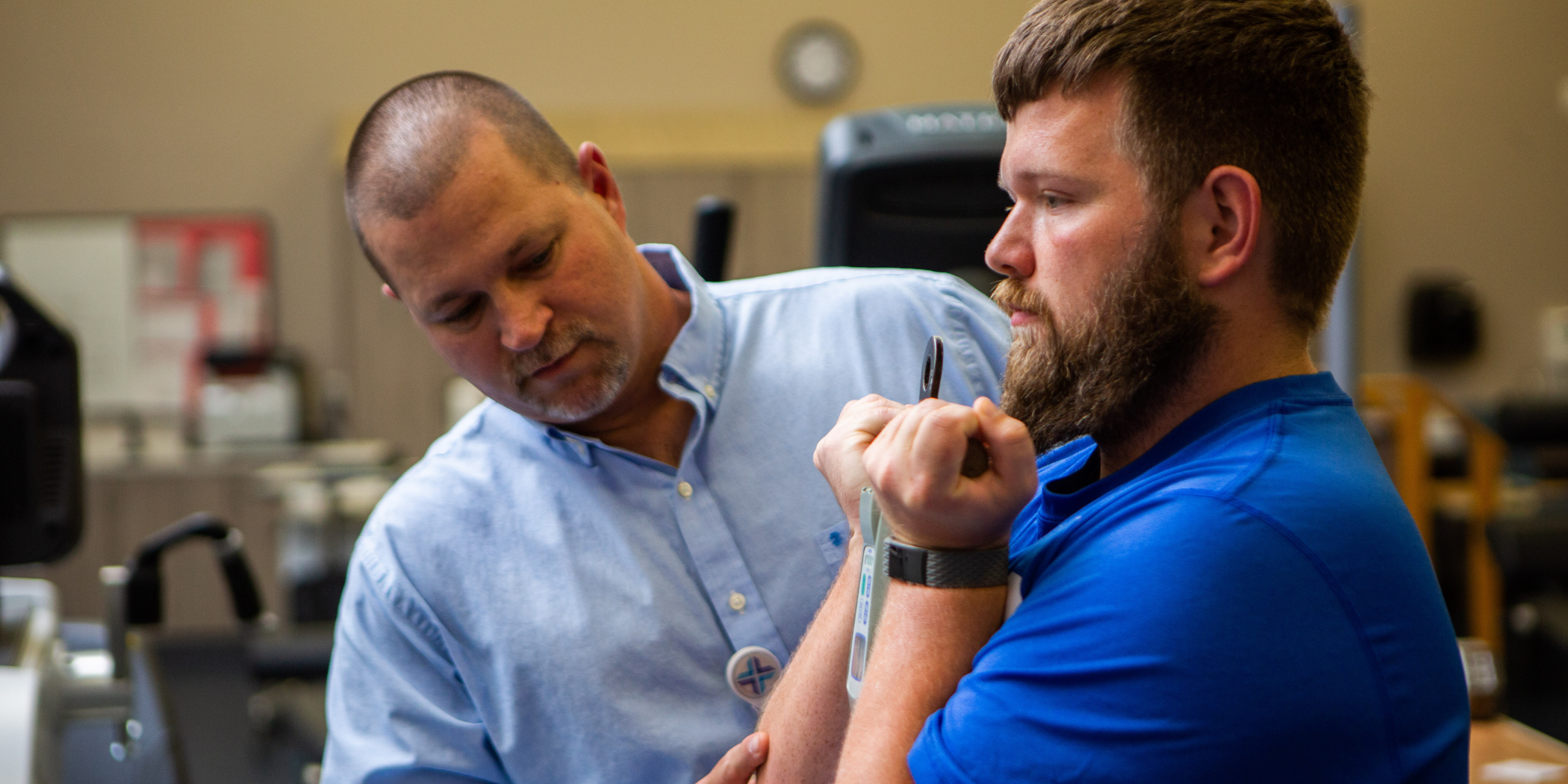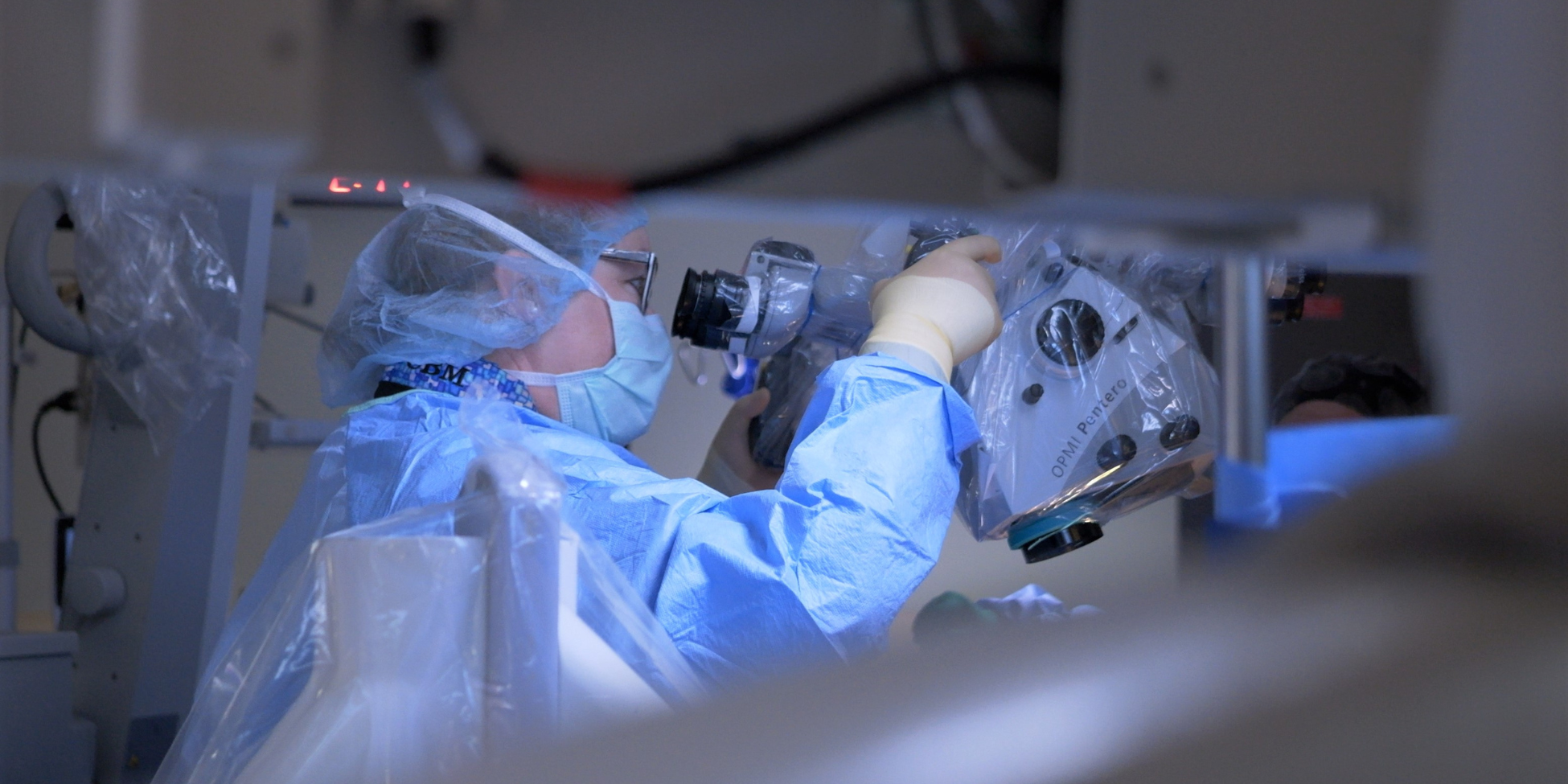
Preparing for college
Heading off to college can be an exciting time! A young student is starting off their life and preparing for a future career, as well as making lifelong friends. But young adults also face many new experiences like being out on their own, making meal choices, and no parent to hold them responsible for their behavior.
Here are some tips I like to share with all of my young patients, particularly as they move away from home:
What do your children need to know as they head off to college?
The best way to prepare your child for college is to make sure that you are instilling the values they will need to succeed in life as they grow such as honesty, kindness, empathy and the golden rule. There aren't any secrets to success other than teaching children to take responsibility for themselves and their actions, both good and bad.
It's the first time many of these students lived away from home. How can they adjust? What do they need to know?
A lot of children take the opportunity of living away from home and on a college campus to test their boundaries. This independence can be a good avenue for personal growth, but also can be dangerous if they go too far.
What do college students need to know about …
Hygiene
Without mom or dad around to remind college student about hygiene, it can sometimes take a back seat in their mind. It is extremely important for parents to make sure that the students are not out of sight/out of mind. Call and remind them to practice good hygiene, and send care packages. Be that doting parent who is involved in your child's life if they are down the hall or across the country.
Eating healthy
Eating healthy at college is easier these days due to the increase in health-conscious choices. It is very important that quick and easy does not equal pizza and cookies at every meal. Encourage regular exercise, adequate water intake, and making sure they eat fruits and veggies at least once daily.
Drinking
Alcohol is something that can get in the way of the rest of your life. If you partake in alcohol consumption (after the legal age of 21 of course) then always do so with people whom you trust. Never put yourself in a situation that would potentially cause you harm. Alcohol can lower your threshold to make proper decisions about your health and wellbeing. Never drink and drive. Know your limits.
Is the freshman 15 really a thing?
Gaining weight when starting college (known as the freshman 15) can definitely be a concern. This is true especially for students who have a propensity for any depressive symptoms. Please make sure that you are staying in touch with your child on an at least weekly basis to make sure they don't need more support than what they are getting.
What should a student do if they get sick away from home?
Most, if not all campuses, have a student health center with a nurse or a nurse practitioner. Please encourage your children, however, to seek early medical care if they have any concerns. This is especially true for any symptoms that are concerning for meningitis, as this illness can become serious quickly.
Can a child's doctor's office communicate with the school?
They can communicate with the school if there is written release to do so.
What vaccines do students need before going to college?
There are two very important vaccines before college: HPV and meningitis. The HPV vaccine is a vaccine that can be given any time after the age of 9 and up until 25. Children build better immunity earlier so I recommend starting the vaccine at 11 with the booster at age 12. If the vaccination series is started before age 15, then the child only needs two vaccines to complete the series. If the series is started after age 15, then the child will need three to complete it.
Are there dangers of living in close quarters, like dorm rooms?
There are certain dangers of living in close quarters with each other. Teenagers and those in their early 20s are sometimes oblivious to those dangers, including communicable diseases. Meningitis is a real concern as this population tends to share beverages. Always remind your children of proper hand washing and minimize the risk for the spread of infection.
What do you wish all of your young patients would know as they start college?
I stress the fact that each person is responsible for their own health. This includes healthy eating choices, proper sleep hygiene, regular exercise routine, and safe sex practices. I tell my young patients all the time that they have to look out for themselves first when it comes to their health. Young people can make dumb decisions that can affect the rest of their lives. If we arm our young people with the proper decision-making tools they can and will succeed in life.
Saiward Glenn, MD, is a family medicine physician at Medical Group of the Carolinas—Family Medicine—Boiling Springs in Boiling Springs, SC. To make an appointment with Dr. Glenn, call 864-560-3650.












